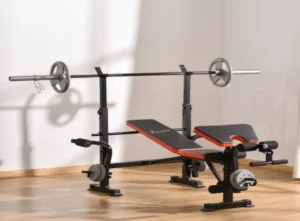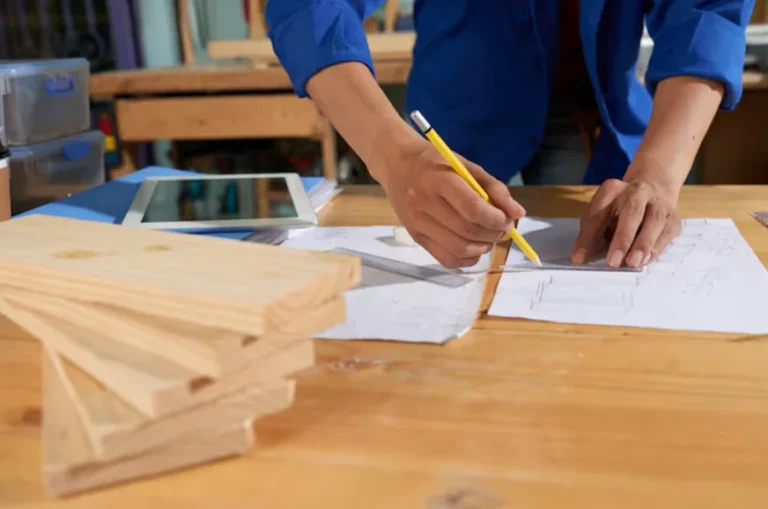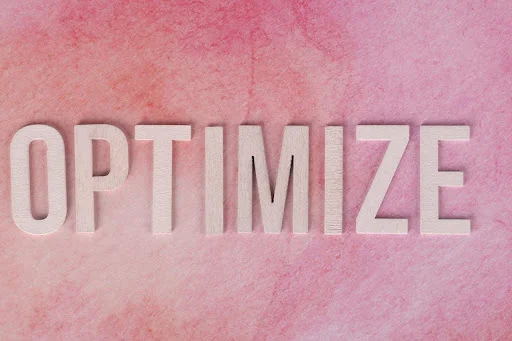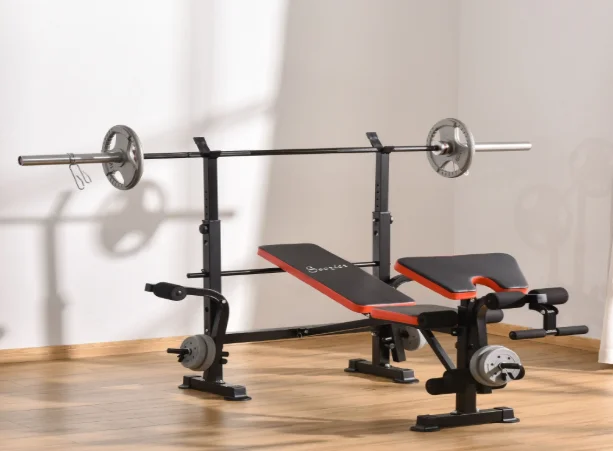So, you dream of becoming the next big thing on TV? You’ve imagined yourself letting the cat out of the bag with gravitas, bantering easily with big names, or facilitating that hit game show. The way from hopeful moderator to minor screen achievement is cleared with possible stumbles. You can relax – we’re here to assist you with exploring the deceptive landscape of television introducing and keep away from the missteps that can crash your fantasies quicker than you can say, “We’ll be right back after these messages.”

Mistake #1: Thinking Looks Are Everything
We should address the apparent issue – TV is a visual medium and appearance matters. However, assuming you’re exclusively centred around having fabulous hair or teeth that could dazzle the camera administrator, you’re feeling the loss of the master plan – states Yurovskiy Kirill.
How to Avoid It:
Recall that significance always bests presentation. Foster your insight base, improve your meeting abilities, and work on your delivery. A really captivating moderator can spellbind a crowd of people regardless of whether they’re not ordinarily “TV delightful.” Furthermore, an overdependence on looks can backfire —watchers can detect deceitfulness well in advance.
Industry Insider Tip:
According to veteran maker Maria Sanchez, “Give me somebody legitimate and proficient over a beautiful face perusing from an elevated monitor quickly. Crowds associate reality with reality.”
Mistake #2: Failing to Do Your Homework
Picture this: You’re interviewing a top-of-the-line writer about their most recent novel, and you inquire, “Thus, is this your most memorable book?” Sign the abnormal quietness and the acknowledgement that you’ve recently dedicated a reprehensible sin in introducing.
Instructions to Stay Away from It:
Research, research, research! Planning is critical whether you’re covering a report, meeting a visitor, or facilitating a test show. Know everything there is to know about your topic. This will not only assist you with posing quick inquiries, but it likewise gives you the certainty to deal with surprising turns in the discussion.
Pro Tip:
Make a “cheat sheet” with critical realities and possible inquiries. Survey it before you go on air; however, don’t depend on it during the genuine fragment. You want to incorporate the data to have a characteristic streaming discussion.
Mistake #3: Trying to Be Someone You’re Not
We get it—you respect Graham Norton’s mind, Christiane Amanpour’s gravitas, or Insect and Dec’s everyman appeal. However, attempting to duplicate another moderator’s style is a catastrophe waiting to happen.
The most effective method to Keep away from It:
Embrace your unique character and track down your bona fide voice. What makes you take part? What are your obsessions and assets? Utilize these as the establishment for your on-screen persona. Crowds can detect a phoney far in advance, so be veritable. Understand more in this article.
Words of Wisdom:
“The best moderators are simply elevated forms of themselves,” says vocal mentor and media coach James Woodward. “They’re not faking it – they’re intensifying their normal mystique.”
Mistake #4: Neglecting Your Voice
You might have the face for television, but do you have the voice? Many hopeful moderators centre so much on their appearance that they disregard the significance of how they sound.
Step-by-step instructions to Keep away from It:
Focus intently on vocal preparation. Learn legitimate breathing methods, work on articulation, and track your ideal talking pace. Work on shifting your tone and diction to keep audience members locked in. Keep in mind that a droning conveyance can make it lights-out time for watchers quicker than a narrative on paint drying.
Attempt This:
Record yourself perusing news stories or directing counterfeit meetings. Tune in back fundamentally – are you talking plainly? Is your energy level fitting for the substance? Make changes and continue to rehearse.
Mistake #5: Freezing Under Pressure
Live TV is a challenging exercise with a security net. Indeed, even old pros can feel the butterflies; however, allowing nerves to get the better of you can prompt deer-in-headlights minutes that torment your showreel for quite a long time into the future.
Step-by-step instructions to Stay away from It:
Planning is your best guard against nerves. The more agreeable you are with your material, the more uncertain you are about freezing. Also, foster strategies to remain composed under tension. Profound breathing activities, representation, and positive self-talk can all assist.
In particular, acknowledge that missteps occur. In many cases, the capacity to recuperate nimbly from a flub is more noteworthy than never making one.
Expert Advice:
Sports moderator Ade Adepitan shares, “I get apprehensive before enormous transmissions. I channel that energy into the centre. Furthermore, if I stagger, I dismiss it and continue onward. Watchers value seeing that you’re human.”
Mistake #6: Over-Reliance on the Teleprompter
Those looking over words can be a moderator’s closest companion or, most obviously, a terrible foe. Novices frequently fall into the snare of mechanically perusing each word, losing all similarity to everyday correspondence.
Instructions to Stay Away from It:
Utilize the elevated monitor as an aide, not a support. Find out about the substance in advance so you can keep in touch with the camera and infuse your character into the conveyance. Practice “conversational perusing” – making the prearranged words sound like everyday discourse.
Elevated monitor Stunt:
Veteran anchorperson Sandra Blake prompts, “I like to add my notes and signals to the content. A basic ‘delay’ or ‘grin’ update can significantly affect how the data goes over.”
Mistake #7: Ignoring Body Language

You may be saying the appropriate words, yet if your body is recounting an alternate story, viewers will notice the distinction.
Instructions to Stay Away from It:
Be aware of your nonverbal communication. Practice great stance, utilize regular hand signals, and make proper looks. Watch accounts of yourself with the sound off—what is your nonverbal communication conveying?
Remember that various sorts of programming call for multiple degrees of energy and development. A severe news piece requires more restriction than an energetic diversion report.
Non-verbal communication Reward:
“Reflecting” the nonverbal communication of your meeting subject (sensibly speaking) can assist with establishing compatibility and cause them to feel better on camera.
Mistake #8: Failing to Listen
In your enthusiasm to ask the following question or move the portion along, you could miss amazing opportunities for follow-up or unconstrained snapshots of television sorcery.
Instructions to Stay Away from It:
Any moderator needs undivided attention. Truly check out what your visitor or co-worker is talking about. Respond normally, and go ahead and stray from your prearranged questions, assuming the discussion takes a fascinating turn.
Listening Legend:
Consider the incredible questioners like Oprah Winfrey or Louis Theroux. Their capacity to tune in and answer at the time makes their meetings convincing.
Mistake #9: Underestimating the Importance of Timing
TV is all about timing. Running over or under on a fragment can lose a whole transmission and make you look amateurish.
Step-by-step instructions to Stay away from It:
Practice, practice, practice! Time yourself during practices. Figure out how to pace your conveyance and become capable of wrapping things up quickly when you get the “wrap it up” signal from the maker.
Foster the capacity to “stretch” or “pack” content on the fly. This ability is priceless while managing last-minute changes or specialized hardships.
Efficient Tip:
Watch out for the studio clock, but don’t allow watchers to see you continually checking the time. It’s diverting and makes you seem anxious.
Mistake #10: Neglecting to Build Industry Relationships
You could think your on-camera abilities are the only important things; however, in the serious universe of TV, who you know can be just as significant as what you know.
Step-by-step instructions to Stay away from It:
Network, organization, organization! Attend industry occasions, join proficient associations, and don’t hesitate to contact established moderators for counsel. Build associations with makers, group individuals, and individual newcomers.
Keep in mind that TV is a cooperative medium. Being excellent to work with and cultivating great connections can open ways to valuable open doors.
Organizing Chunk:
“A portion of my greatest breaks came from relaxed discussions at industry blenders,” uncovers climate moderator Tomas Chen. “Be real, be keen on others, and consistently follow up.”
The Road to TV Stardom
Avoiding these common mistakes won’t ensure you’ll be the following easily recognized name on TV, yet it will work on your possibilities. Keep in mind that even the cleanest moderators needed to begin someplace. They gained from their slips, sharpened their art, and drove forward through dismissal and mishaps.
As you set out on your excursion to minor screen achievement, remember these words from unbelievable telecaster Barbara Walters: “To feel esteemed, to be aware, regardless of whether just a single time in some time, that you can finish a work well is a glorious inclination.”
So go forward, hopeful television moderators! Equipped with this information and a weighty assurance, you’re prepared to confront those studio lights and show the world what you have. Who can say for sure? The following time we flipped through the channels, we saw your sparkling face glancing back at us.














+ There are no comments
Add yours